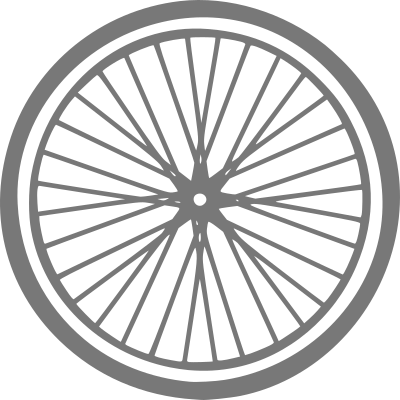This actually exists https://en.m.wikipedia.org/wiki/Vertical-axis_wind_turbine
Here’s the specific bit relavent to OP’s question:
VAWTs often suffer from dynamic stall of the blades as the angle of attack varies rapidly.
The blades of a VAWT are fatigue-prone due to the wide variation in applied forces during each rotation. The vertically oriented blades can twist and bend during each turn, shortening their usable lifetimes.
Other than the drag-types, VAWTs have proven less reliable than HAWTs,[20] although modern designs have overcome many early issues.
VAWT = vertical axis wind turbine
HAWT = horizontal …
So HAWT in here!
Horizontal Axis WInd Turbines. So HAWT right now
So take off all your clothes!
Best Hot In Herre video: https://youtu.be/XNGjSll2_Uc?feature=shared
Here is an alternative Piped link(s):
https://piped.video/XNGjSll2_Uc?feature=shared
Piped is a privacy-respecting open-source alternative frontend to YouTube.
I’m open-source; check me out at GitHub.
This has drifted so far away from the original question
I don’t know why, the big fan is on
So TL;DR it’s worth the extra bearing for the added efficiency unidirectional wind flow allows.
deleted by creator
This would have been a good post for [email protected]
New community found
Because money/practical limitations: It costs more to make them and in ye olden times I’m not sure they had the technology to make a reliable vertical axis turbine.
They do exist these days, but aren’t as common because they’re more expensive and complicated (which also means more maintenance, which further adds to the long-term cost).
And if you really notice, your wind in most regions usually comes from about the same direction anyhow. It’s known as prevailing winds, and it how sailors managed to get anywhere they were going. Basically, towards the equator winds blow to the west, and at about the 30 degree mark away from the equator the winds blow towards the east (towards northeast, often in the north, and southeast in the south).
Pardon my ignorance but, how is a vertical wind turbine more mechanically complicated than a “standard” one?
From another comment here:
I’m not an engineer but as I understand it: They are harder to make than a traditional windmill. Mechanically probably wasn’t the best word to use I guess, at least for most designs.
They aren’t as efficient that way. Horizontal axis wind turbines most of the time have their whole “swept area” in unobstructed airflow. For vertical turbines the blades pass into the turbulent air from the other blades and the vertical post.
The swept area of a horizontal turbine is increases more for a given amount of additional blade length than a vertical turbine as well. Extending the radius of a circle creates more swept area than an equivalent increase of length or width of a rectangle.
I guess it could be that it’s easier to build. You have a tower that only gives structural support and you have a gondola that only deals with all the rotation. In general it is difficult to have something that rotates and also carries a large load. And the rotating gondola technology is a solved problem. Plus you have a large rotor area that is always facing the wind instead of half your blade area going opposite to the wind. These are just guesses though.
deleted by creator
the rotors of most windmills are on a rigging that allowed them to rotate to face the direction of the predominant wind at any given moment, thus the phrase “always facing the wind.” it’s not anything mind blowing or incredible.
I guess you would have to canalize the wind, cause it would press against the entire wheel. In which direction should it turn when you don’t want to construct something more complex to have more pressure on only one side of the wheel.
they work best when the axis is parallel to direction of wind flow
deleted by creator










